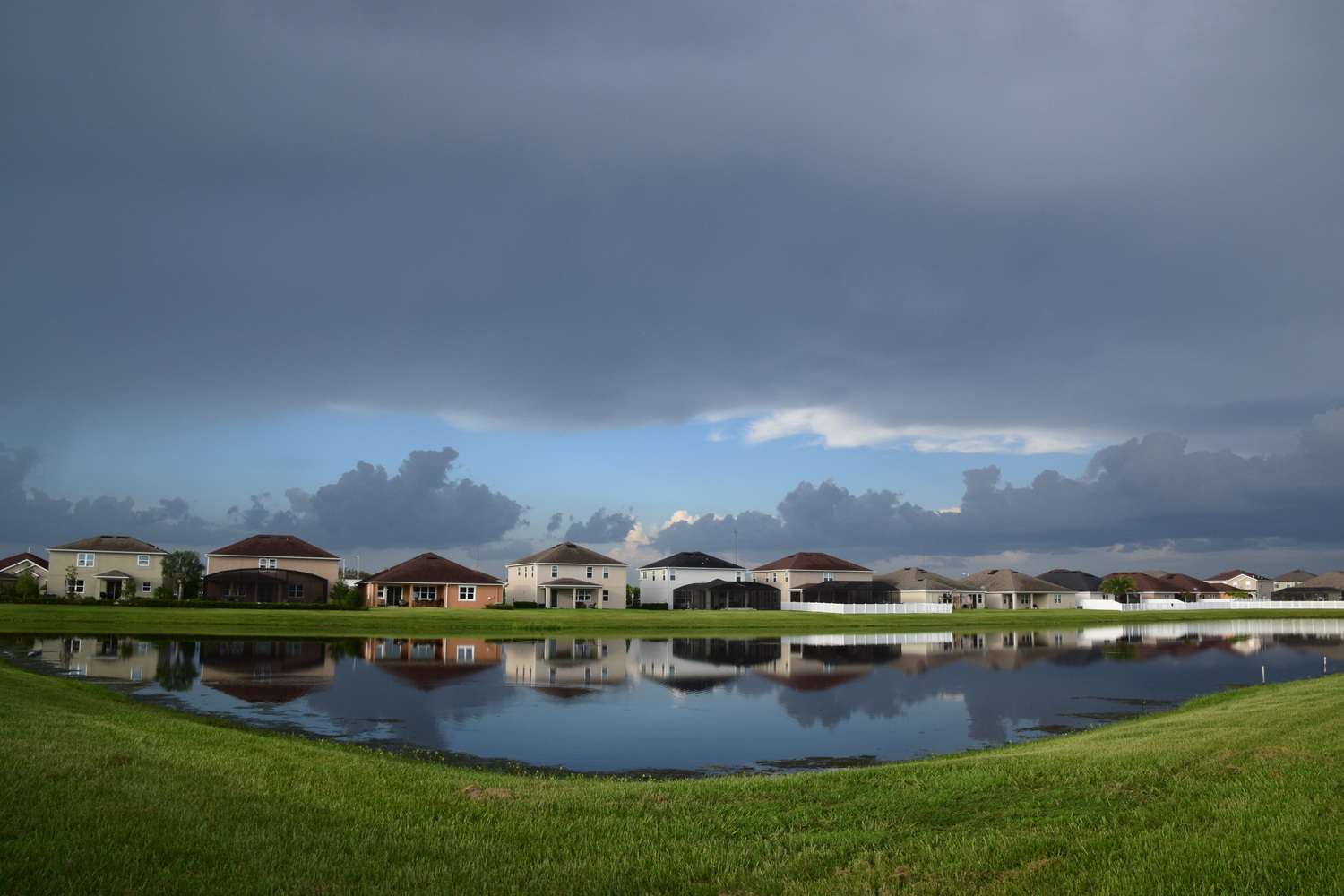Here Are 7 Least Tax-Friendly States In The US For Retirees
Retirement can be a little hard on your bank accounts considering the excessive tax rates prevalent in most states. Hence, when looking for a place to reside after retirement, it is necessary for retirees to find states that don’t charge any taxes on social security. Not just low taxes on social security, but there should be low income, sales, and property taxes too. A marginal deduction can be managed easily.

- Connecticut: The income tax rate here is between 3% and 6.99%. The average sales tax is 6.35%. The average property tax is 1.97%. There has been a recent alteration in the method of taxation in Connecticut. Earlier, only extra income such as dividends was taxed. However, with the change in tax laws, even salaries are being taxed at a minimal rate ranging between 3% and 6.99% depending on the tax bracket you fall under.
- Minnesota: The income tax rate here is between 5.35% and 9.85%. The average sales tax is between 6.87% and 8.37%. The average property tax is 1.18%. The state of Minnesota is known for raking in high-income tax from its citizens. The average income tax bracket starts at 5.35 percent. Even the sales tax falls on the higher tax bracket.
- Vermont: In this state, the income tax rate is between 3.35% and 8.95%. The average sales tax is between 6% and 7%. The average property tax is 1.78%. Just like Minnesota, even Vermont follows a progressive state income tax. The state charges an additional percent of sales tax and their property rates are known to be very steep. Vermont also follows excise taxes on a series of products ranging from cigarettes to gas.
You Might Also Like : 10 Most Tax-Friendly States In The Country
Kansas: The income tax rate in this state is between 2.9% and 5.2%. The average sales tax is between 6.50% and 11.50% and the average property tax is 1.40%. Reports suggest that over the years, the income tax rates of the state has dropped. However, there are plans to upscale the income tax rate in the state in 2018. So while the state already struggles with a high sales tax rate, it will now have to deal with an excess of income tax rate too.
- New York: The income tax rate here is between 4% and 8.88%. The average sales tax ranges from 7% to 8.87%. The average property tax is 1.65%. Living in New York could be heavy on your pocket. The income tax is known to be the highest in the country, but reports suggest that not everyone pays such a high amount. The state income tax isn’t exorbitant; however, the sales tax could burn a hole in your wallet.
- Rhode Island: The income tax rate in this state is between 3.75% and 5.99%. The average sales tax is 7% and the average property tax is 1.65%. Rhode Island enjoys a three-tax bracket system where the lowest earners pay lower taxes and the highest earners pay more taxes. A unanimous sales tax rate of 7 percent is followed across the state.
- Missouri: Here, the income tax rate is between 1.5% and 6%. The average sales tax is between 4.72% and 11.36%. The average property tax is 1.00%. Apart from paying the basic income tax, the state also expects residents to pay an additional 1 percent known as local rates.
Keep yourself updated with the latest on Taxes . Like us on Facebook and follow us on Twitter for more on Investments.




